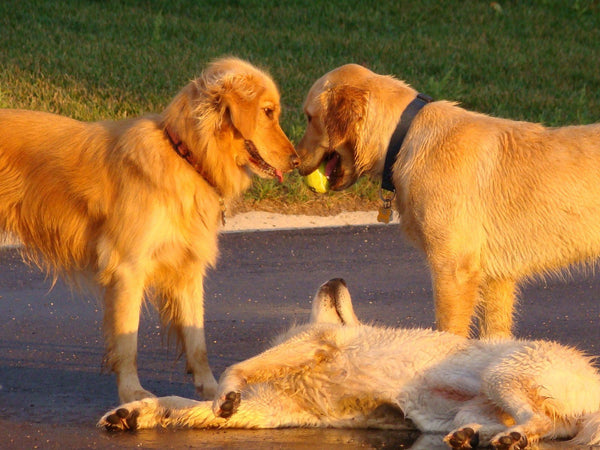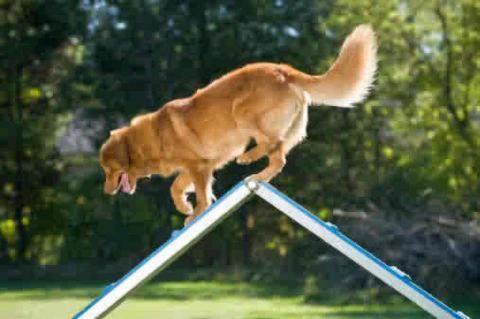After what has been a long, wet winter the warmer weather is finally upon us and many equestrians are enjoying more freedom to increase their horse’s turn out. Though this transition gives our horses a spring in their step, without correct management it doesn’t come without risk. This is because the rapidly growing, high sugar grass can trigger laminitis.
The term laminitis describes the process of the sensitive laminae of the foot weakening and becoming inflamed. In severe cases the laminae tissue can tear, which results in the rotation or drop of the pedal bone within the hoof capsule. In recent years laminitis has become better understood and today it is thought that around 90% of laminitis cases are due to insulin dysregulation. This is referred to as ‘endocrinopathic laminitis’ and horses and ponies with equine metabolic syndrome (EMS) or Pituitary Pars Intermedia Dysfunction, formerly known as Cushing’s disease are particularly at risk. When these affected equines consume pasture high in sugar, particularly if combined with low exercise levels, laminitis can result.
Scientific Nutritional Products takes a look…
How do you assess your horse’s risk?
Assessing your horse or pony’s risk for laminitis should be done on an individual body condition scoring basis as some equines are more able to cope with lush pasture than others, depending on their workload and their weight. Blood tests to determine EMS or PPID by a qualified veterinarian are essential for those in the ‘at risk’ category.
What can you do to avoid laminitis?
Limiting grazing or applying a grazing muzzle can be the best way to keep equines safe and simple measures such as dividing your paddock or utilising another horse, or even sheep, to pre-graze the field are also great tools.
Soaking the hay provided reduces the starch content which allows owners to provide plenty of bulk in the diet, ensuring a healthy, mobile gut but without the excessive sugar intake.
Reducing concentrate feed can be helpful at peak grass growing times however this should be done with some caution as it is important that our equines are not deficient in important nutrients. It can be helpful to add a supplement to the diet such as Horse & Pony Multivitamin Supplement from Scientific Nutritional Products to ensure you are supplying all the nutrients without a large portion of feed.
Finally and most importantly if you think your horse is suffering from Laminitis contact your vet immediately as they will require urgent treatment.



